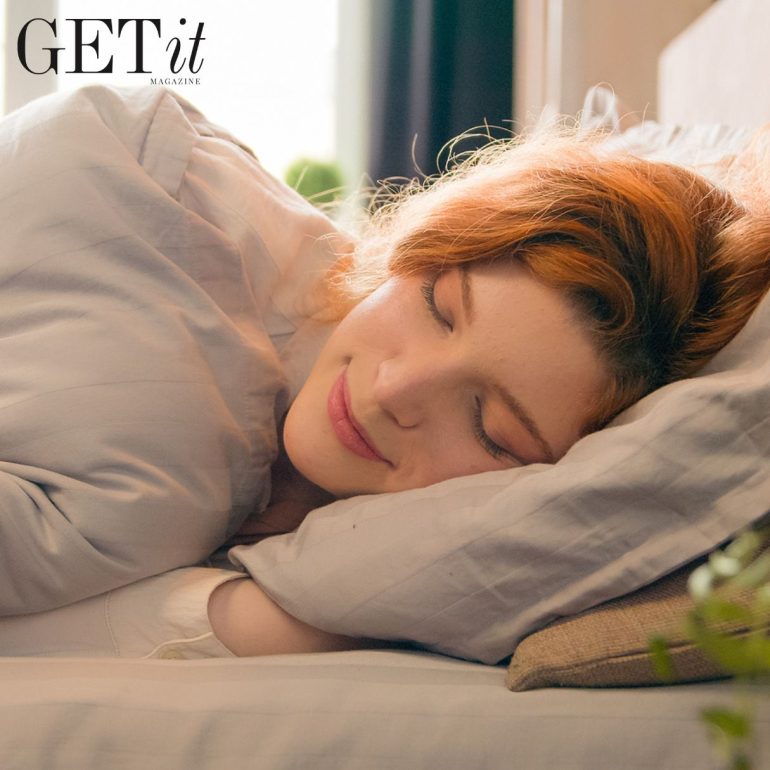By Jack Smith
Sleep is one of the most under-appreciated aspects of overall health, one that’s often sacrificed in the short-term where the results come to fruition in the long-term. Not getting enough sleep can lead to hormone imbalances, increased appetite (therefore weight gain), and lack of recovery which can lead to injuries and lower mental cognition capacity.
The simple habit of sleeping 8 hours each night can lead to being a strong, healthy, full-of-energy human with a firing brain and perfect function, yet many of us can’t seem to get it right. We play on our phones, have irregular bedtimes, and have too much alcohol which leads to functioning nowhere near our capacity.
Let’s take a look at 5 simple ways to boost your sleep!
- Be consistent: Set a regular bedtime and wake time. Just like setting your alarm for work each morning, set an alarm to go to bed each night to remind you to be in bed to get your full 8 hours. Creating that routine of consistent sleep timing will help your body fall into a great maintainable pattern.
- Set your bedroom up for optimal sleep conditions. Make sure the room is quiet, dark, cool and without distractions that could keep you awake. Having a wind-down routine can help signal your brain that it’s time to get some rest.
- Stop viewing devices around bedtime. Get into the habit of putting your phone, iPad, laptop or TV away from you before sleep. Entering bedtime, we want to calm our brain down to prepare to sleep rather than stimulating it with sensory overload from screens.
- Avoid large meals, caffeine and alcohol around bedtime. Taking in large servings of the above means your body needs to break down this food or drink before it can enter deep sleep, therefore your metabolism is sped up to work through and process the nutrients. This doesn’t allow the body to fully go into a deep sleep to relax.
- Exercise daily. Sometimes after a large day at work and/or exercise, we feel as though we are so tired that we fall asleep as soon as our head hits the pillow. On the opposite end, when not exercising and stimulating blood flow we won’t burn energy and feel the need to rest and recover at night which leads to restless, broken sleep.





